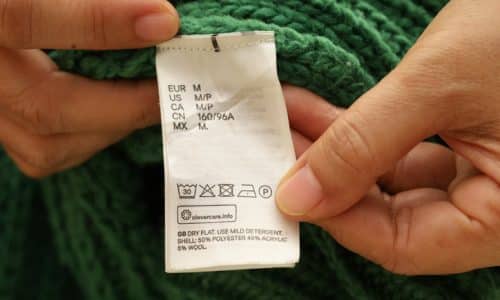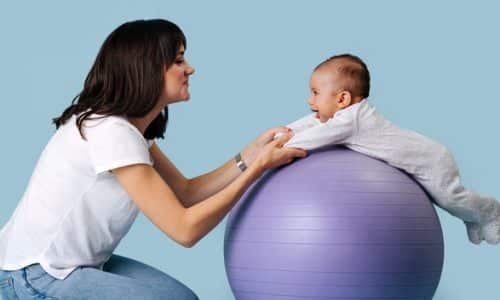Your child was so excited to start school! Preschool, kindergarten or first grade seemed like such an amazing new adventure, full of stories and friends and learning something astonishing each day. However, reality is unfolding in a very different way. Your bright, inquisitive child now seems frustrated and unhappy. Perhaps you’ve talked to the teacher, or are anticipating a wrenching parent-teacher conference.
Have you considered your child’s motor skills may be playing a significant part in this complication? At Imagine Pediatric Therapy, we know that fine and gross motor skills are a vital part of mastering academic tasks, especially in the first few years of school.
Children will enter school with very different levels of learning and skills. Teachers will take the first few weeks getting to know their students, accessing both what they can accomplish with ease and where their struggles lie. Early intervention to help your child overcome any deficits in these skills can quickly change your child’s attitude back to positive – and excited – about school.
Fine Motor Skills for School
Fine motor skills are often thought of the small and more detailed movements the hand, fingers and thumb. However, there is also a hand-eye coordination component to this set of skills. Tracing, coloring, and writing are ways fine motor skills impact academic abilities.
Fine motor skills will help your child at school include:
- Holding a pencil or crayon
- Controlled movement to trace and color inside the lines
- Turning pages of the book
- Use of scissors and cutting straight
You may identify delays in these skills when your child uses a fisted grip instead of a tripod grip when holding a writing tool. When they are coloring or drawing, children who need intervention have difficulty staying within the lines when directed, or are unable to trace or follow lines on paper.
Your Imagine Pediatric occupational therapist will strengthen your child’s hand muscles with custom exercises. These may include working with putty with various degrees of flexibility, pulling small objects out of the clump of stickiness, forming shapes with playdough or popping bubble wrap. Your therapist may also use eye-hand coordination exercises, such as playing catch with various size balls, pouring liquids into cups, or stringing beads onto pipe cleaners.
Gross Motor Skills for School
Equally important to fine motor skills are gross motor skills, those skills that allow your child to jump from the couch, over the coffee table and roll onto the floor. Those whole-body movements require balance, strength, and coordination.
These skills are what allows your child to:
- Skip
- Walk on tip-toes
- Peddle a bike
- Balance on a balance beam
While school prompts images of children sitting sedately in their chairs, deficient gross motor skills impact their ability to learn. Solid gross motor skills help your child control and coordinate the movement of their bodies. Studies show that poor gross motor skills are linked to learning lags in language, reading and math.
Your Imagine Pediatrics physical or occupational therapists will encourage your child to do rhythmic exercises, such as swinging or jumping on a trampoline. They will also practice movements that require balance and coordination, small at first and moving onto larger motions.
Put Fine and Gross Motor Skills on Your Child’s School Supply List
Fine motor and gross motor skills are important for success in school. While children do development and learn at different rates, early intervention when there is a deficit can help your child make steady progress at mastering academic skills.
When you or your child’s teacher has shown concern about their fine or gross motor skills, schedule an evaluation with Imagine Pediatrics. We’ll develop a program to help your child strengthen muscles, coordination, and confidence.



